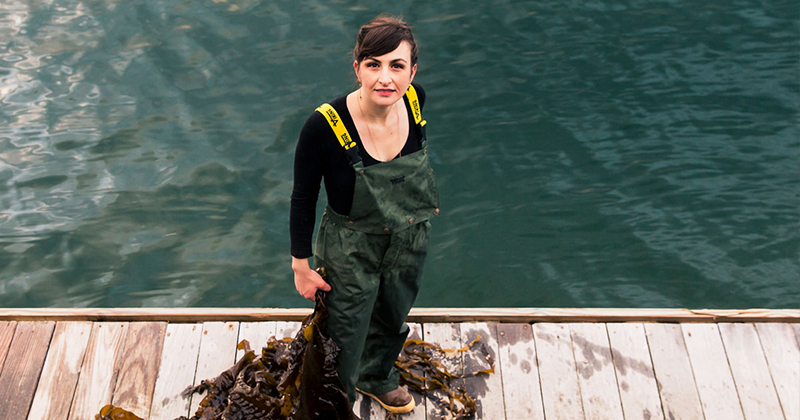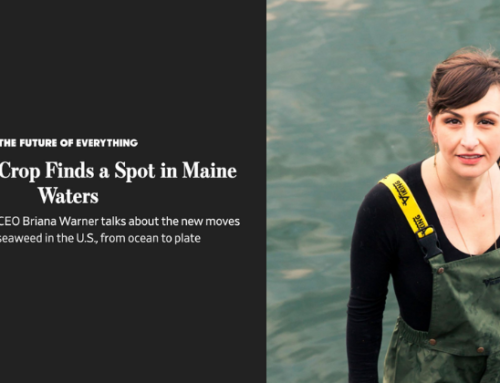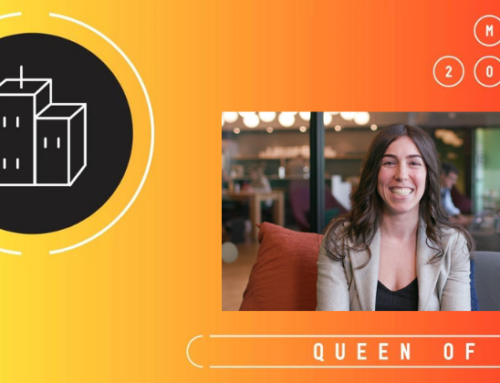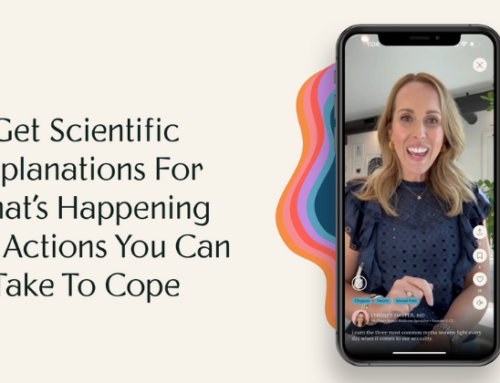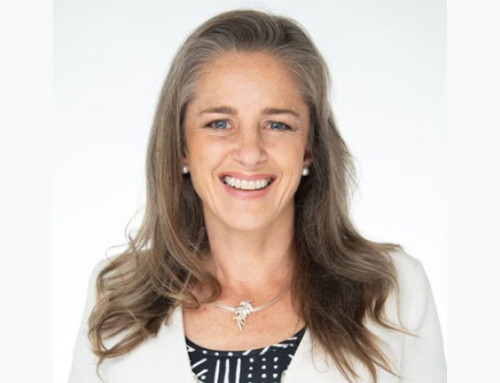Meet the Woman Greening Up the Ocean & Atmosphere with Kelp
President & CEO of Atlantic Sea Farms, Briana Warner, is using an unlikely plant to help clean up the ocean and more.
Published on June 10, 2020
Jonathan Kauffman
If there were one feed that defined Instagram envy for us, it might be Briana Warner’s. Whether @bri_out_tosea is smiling in waterproof coveralls, cuddling her two young sons or joking around with celebrity chefs, she’s funky, fun and oozes integrity. It’s all the more impressive because it’s certifiably real. At age 36, this hip mom is leading the charge to sustainably farm and market kelp, one of the world’s most environmentally friendly foods.
Warner wasn’t necessarily the obvious choice to become CEO of a commercial kelp company in Maine. She had spent most of her career working overseas as a foreign service officer for the U.S. Department of State. But where most saw kelp as a slimy sea plant, Warner saw it as a savior. For one, it is a powerful weapon against ocean acidification. Seawater absorbs as much as 30% of the excess carbon in the air, and that is slowly shifting its chemistry, putting fish—and particularly shellfish—in peril. Kelp takes in and sequesters this greenhouse gas: according to one study, kelp forests may remove 20 times more carbon from the atmosphere than land-based forests. And seaweed makes a lot of sense in Maine. Kelp is harvested in the spring, which is a slower season for the local lobster fishery, and the additional revenue could help cushion the blow if lobster stocks fall, as they are predicted to due to warming waters.
It all added up, except for one thing. There wasn’t a commercial market for kelp, and lobstermen weren’t going to set up their own processing plants to clean and package their hauls. “We don’t ask potato farmers to make potato chips,” says Warner. “We had to make it easy.” So she came up with a solution: Atlantic Sea Farms provides kelp seeds free of charge to fishermen, promises to buy every blade grown, and then turns the plants into desirable products: a version of kimchi called Sea-Chi, a deliciously bright beet-seaweed kraut, and frozen purees for smoothies or pasta. The kelp is also sold to retail stores and restaurants nationwide, including Wegmans, Roche Bros., Legal Sea Foods and fast-casual chainlets B. Good and The Little Beet.
This year, the company expects its 24 farmers to harvest 550,000 pounds of kelp, up from 220,000 last year and just 30,000 in 2018. And in this case, bigger is better: the more kelp Warner sells, the more the ocean (and air) benefits and the more successful Maine lobstermen are. But Atlantic Sea Farms’ big coming-out party happened this past spring, when national salad chain Sweetgreen hired James Beard award-winning chef David Chang to create a sweet potato and kelp bowl for its menu. All told, the company bought 30,000 pounds of kelp for the six-week seasonal special. And while that’s huge, Warner got more out of the partnership than sales. Kelp suddenly became cool. There were even Sweetgreen billboards promoting it in Times Square. “The awareness of kelp’s ability to improve the health of our oceans,” says Warner, “is priceless.”
Link to Read More: http://www.eatingwell.com/article/7823975/meet-the-woman-greening-up-the-ocean-atmosphere/

